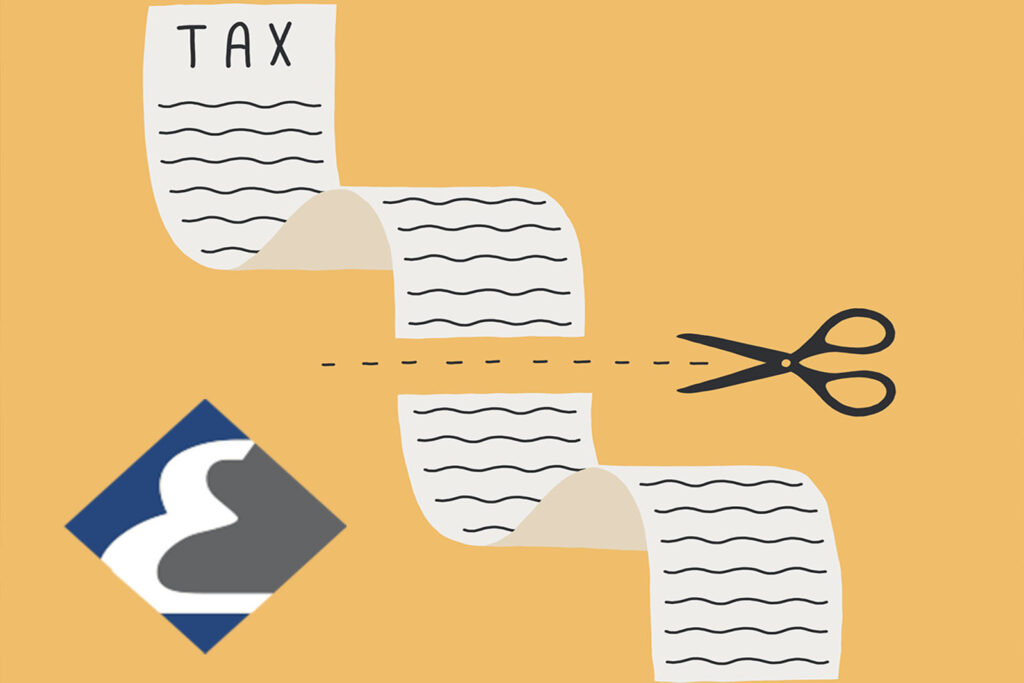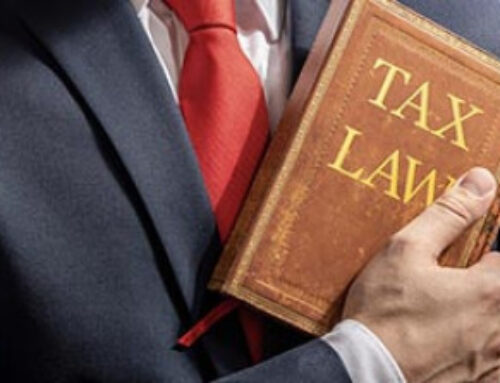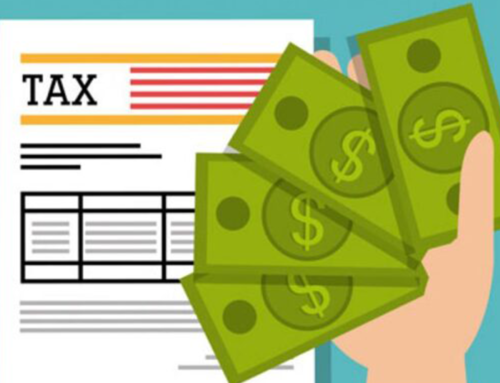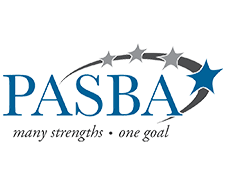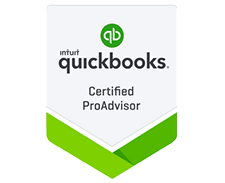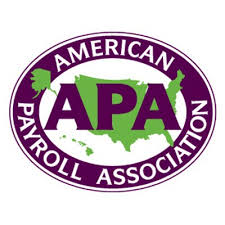6 Tax Breaks
For Businesses
- There are lots of breaks for buyers of business vehicles under the tax laws. The annual depreciation caps for passenger autos rise a bit in 2021. If bonus depreciation is claimed, the first-year ceiling is $18,200 for new and used cars first put in service this year. The second- and third-year caps are $16,400 and $9,800. After that…$5,860. If no bonus depreciation is taken, the first-year cap is $10,200.
- Buyers of heavy SUVs used solely for business can write off the full cost, thanks to bonus depreciation. SUVs must have a gross weight rating over 6,000 pounds.
- Also, up to 100% of the cost of a big pickup truck can be expensed.
When expensing business assets, the amount expensed can’t exceed taxable income from the taxpayer’s business. Bonus depreciation does not have this limit. - Leasing a vehicle to use in your business is much cheaper taxwise in 2021.
If a car that is worth more than $51,000 is first leased for business during the year, the lessee must pay income tax each year on an amount spelled out in IRS tables. For example, on a three-year lease for a $75,000 car with a lease term starting in 2021, you reduce the size of your tax deductions for the monthly payments on the vehicle by $8 in 2021, $18 the next year and $26 in 2023. See Rev. Proc. 2021-31. - Employers that claim the Work Opportunity Tax Credit get a welcome easing: Firms have until Nov. 8 to file certification requests for some workers. Normally, employers must submit Form 8850 to a state employment security agency within 28 days of the employee starting work to certify that the hiring is credit-eligible. However, because of Congress’s late action on tax extenders, IRS is giving employers more time to file the 8850 for certain employees. The extended Nov. 8 deadline covers employees who live in an empowerment zone…a designated area of high poverty and unemployment…who begin work on or after Jan. 1, 2021, and before Oct. 9, 2021.
- Workplace disaster-leave sharing programs can cover COVID-19-related leave.
Firms with qualified disaster-leave sharing plans can permit workers to deposit leave in a leave bank, to be used by other employees affected by the coronavirus pandemic. The donor isn’t taxed on the donated leave and cannot take any tax deduction.
